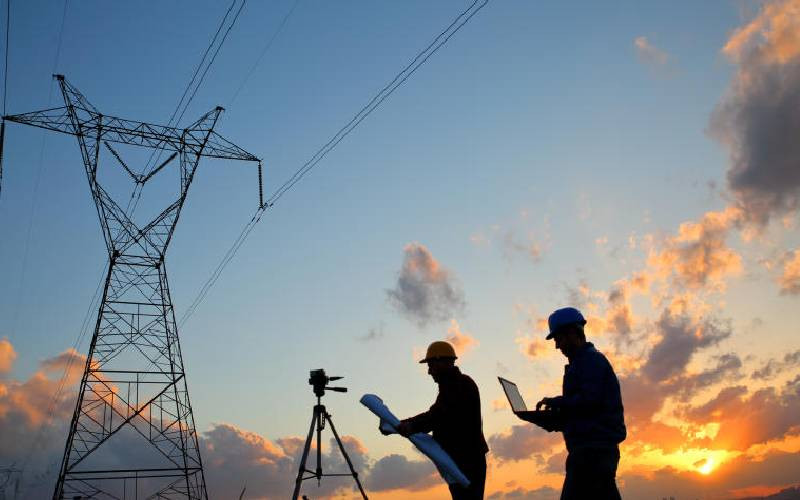×
The Standard e-Paper
Fearless, Trusted News

All eyes in the energy sector are on Joseph Siror. Perhaps not just the energy sector but the entire country.
Dr Siror has just been appointed the seventh Kenya Power Chief Executive in seven years.